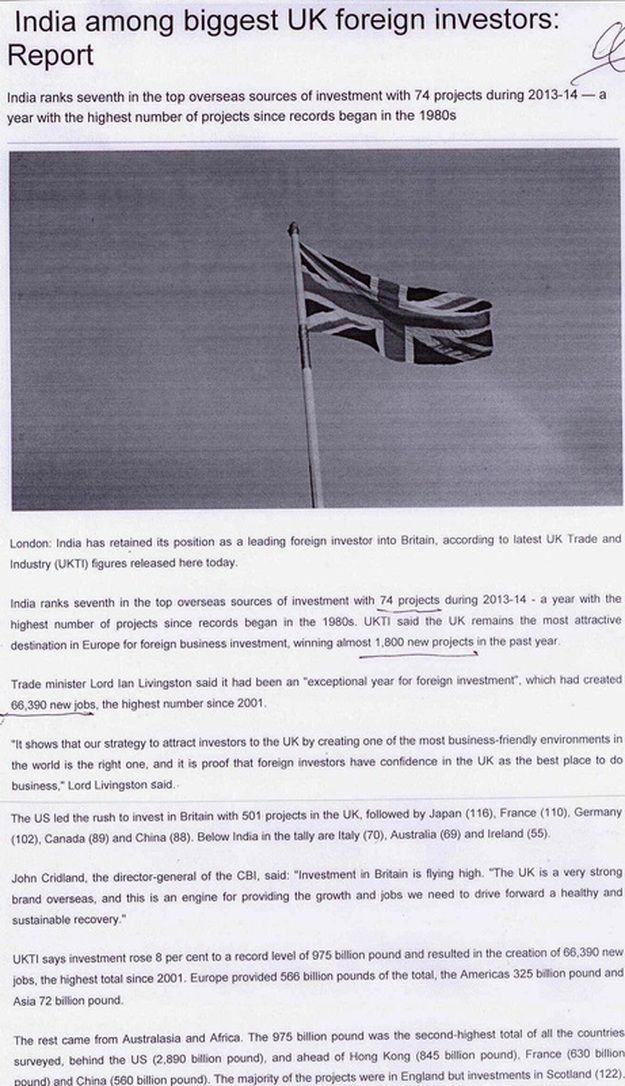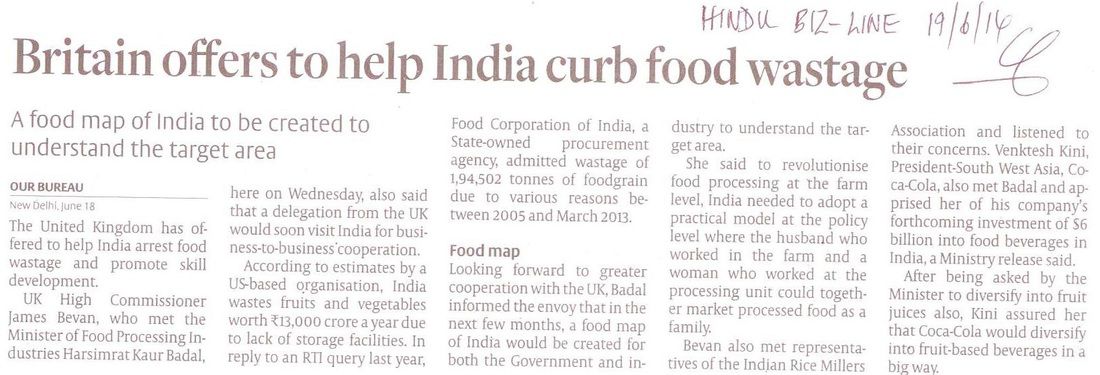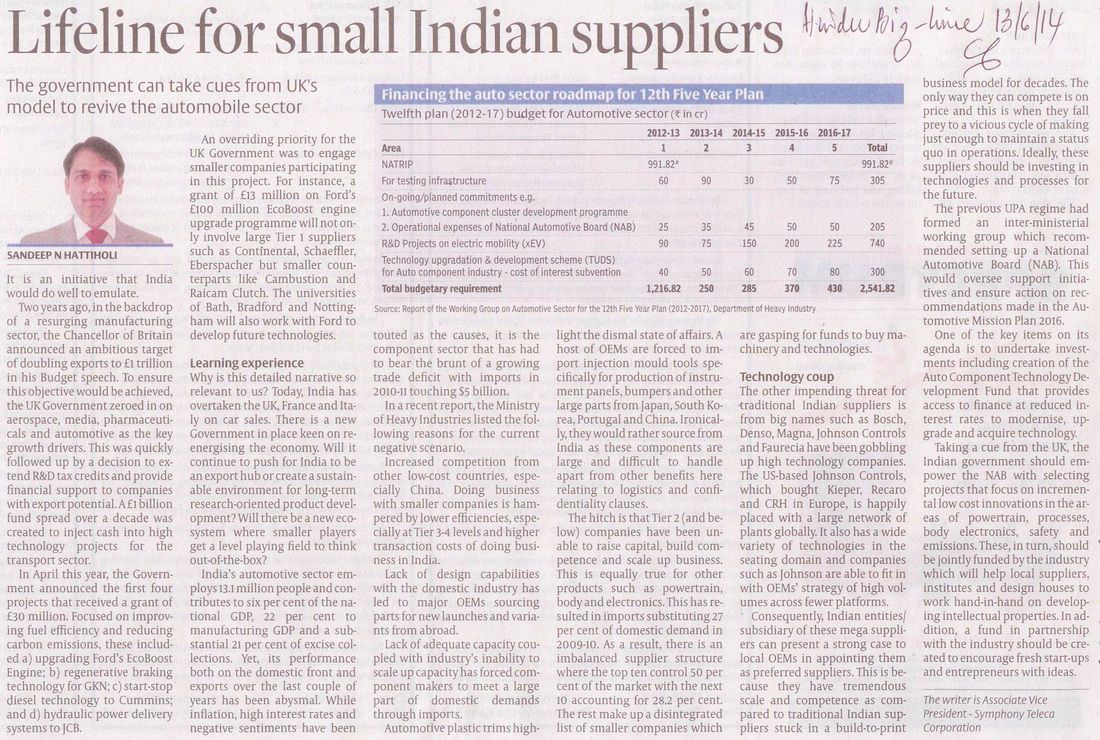With massive majority BJP is in position to push through raft of measures to clear out old and archaic red tape stifling business and enterprise and entrepreneurship.
Despite all liberalization over 20 years, for India’s administrative system of the IAS and babus in Delhi and the states, guidelines and legal frame-work not revised at all leading to contradictions and misrepresentations. All relevant regulations need complete over-haul.
India’s legal system that permits the entire machinery to creak along delaying justice, thereby denying justice – entire system reeks of not just inefficiency, but shabby and bad practice. BJP can make a start addressing this in what will be a very long process, neglected by all Governments to date.
For all foreigners investing in India and operating in country, India remains the 136th most difficult place to do business (on list of 187 countries). If this new Government is to welcome new and increased investments, they will need to get India to be more business friendly – we must be pulled up into top 25 or 30 countries. Also change attitude of not looking at all business people and foreigners with jaundiced suspicious eyes.
There is little need to re-invent wheel or use excuse of “security” criteria for country to open up defense manufacturing in most basic of areas. Again in retail sector, UK retailers are world class – the likes of Tesco/ John Lewis and others may be allowed to enter market raising consumer expectations and quality.
The UK is a massive repertoire of skill-sets to be drawn upon in all critical areas of India’s economy and structure:
manufacturing
healthcare
infrastructure projects
education
water management
power generation & national grid
India now operates well with huge Japanese collaboration in the industrial corridor of Delhi – Mumbai. UK belatedly in 2013 offered assistance on Mumbai- Bangalore corridor. Government needs to take these up with both hands and get started
City metros and new airports have changed look and efficiency of places like Delhi and Kolkata. Yet we need to address, on policy basis, decisions to let private operators handle projects instead of inept Government departments – AAI’s dismal handling of Chennai airport Vs Bangalore’s impressive privately built one is a good example. Or look at private one in Kochi’s – well operated! Government needs to now give up things they have done so badly for decades!
On smaller issues which affect all foreigners, the following areas can be examined and dealt with pretty easily:
Foreigners’ Regional Registration Offices (FRRO) are very poorly run and managed – process which should happen in a morning, ends up in 3 and 4 days of frustration with changes of regulations (not well notified) and 2-3-4 visits
Customs Departments in ports can take 2-3 weeks in clearing urgently required equipment / machinery: should happen in 2 or 3 days, not weeks
Bad power supply country-wide leads to 100s of hours of production losses, aside from spiking leading to added costs on stabilisers / equipment
Event risks for investors very high such as agitations over recent Andhra / Telengana split leading to huge investments lost to both these states. Existing businesses lost hugely also from the spill-overs of troubles making all businesses wary
While there is a renewed sense of fresh-ness and optimism, this must be capitalised and very quickly. Bold reforms in insurance and defense can increase trade with all major foreign countries – could be in order of US$500 billion in next 5 years. Infrastructure sector can spawn investment of same size and period – that is a massive trillion US Dollars
India’s manufacturing sector which remains largely small enterprises must get attention and support to scale up and change to turn around country as a whole – seek assistance from countries who have already done so! (eg: Germany)
The power of India’s service sector still vests with huge IT /ITeS and BPOs like TCS / Infosys/ Wipro but they themselves need to evolve and mutate into undertaking “original” creative work. None of these huge companies have broken out of set-piece jobbing to create genuine new technology. In this challenge, they ought to work with innovative and creative people and companies in UK which still is perhaps the most inventive place on earth.
Christie Cherian – Chairman, BBG Chennai
Britain’s foreign secretary, William Hague, and Chancellor of the Exchequer George Osborne will be among the first high-level UK delegation to meet Prime Minister NarendraModi during a visit to India next week.
Hague and Osborne will also hold bilateral meetings with their Indian counterparts, SushmaSwaraj and ArunJaitley respectively, during the visit scheduled between July 7 and 9.
Indian High Commissioner to the UK, Ranjan Mathai, confirmed: “We are now looking forward to the visit to India jointly by the foreign secretary and the Chancellor of the Exchequer next week. Their ministerial meetings have been scheduled in India.
“This marks the start of a set of new engagements between the UK and new Indian government.”
Hague had made a reference to his India visit in the House of Commons recently.
“The Chancellor and I will visit India shortly to meet the new government. Our priorities will be to expand trade and investment, enhance education links, strengthen cooperation on defence and security, increase collaboration on science and innovation, and build our people-to-people links through the UK’s 1.5 million Indian Diaspora,” he said.
Their visit is expected to be followed by that of Britain’s Deputy Prime Minister, Nick Clegg, and Greg Barker, Prime Minister David Cameron’s minister in charge of business engagement with India.
The UK has stressed on the importance it places on engagement with the newly-elected government in India. These first set of visits will lay the groundwork for future ties, which are expected to focus on some big ticket deals such as the Bangalore-Mumbai Economic Corridor (BMEC).
This was originally posted by India Inc at http://www.indiaincorporated.com/item/3580-uk-sends-first-set-of-ministers-to-modi.html
Foreign companies seeking to register liaison offices (LOs) in India have begun encountering difficulties in having LO applications approved.
Establishing a liaison office in India is often an attractive option for foreign companies seeking to establish a local business presence at low financial and legal risk. LOs are permitted to facilitate and promote a parent company’s business activities, and act as a communications channel between the foreign parent company and Indian companies. Unable to engage in commercial, trading, or industrial activities, liaison offices must be sustained by private, inward remittances received from their foreign parent company and are not subject to profits tax rates.
Recently, however, authorities have begun applying a stricter interpretation of the LO application rules which specifically prohibit LOs from engaging in any ‘commercial activities’ and possessing a ‘direct trading connection between the LO and the parent.’
RELATED: Setting Up a Branch Office in India
Subject to interpretation, hundreds of LO applications have been turned down in recent months and a number of existing LOs have been determined to have a ‘direct trading connection with the parent.’ Drawing this connection has enabled tax authorities to treat some existing LOs as ‘Permanent Establishments,’ and levy a tax in excess of 40 percent on ‘income’ – initially meant to cover LO operating costs.
LOs, like representative offices in China, have historically been used as low cost entities via which foreign companies can explore and research the Indian market, and facilitate trade with India without incurring tax penalties.
Because India’s tax rates are still higher than in many Asian countries, LOs are financially strategic options for businesses seeking to establish a local presence that enables them to search for suitable suppliers, build business relationships, work with Indian manufacturers and assess the potential for selling products on the local market. In this situation, products sold to India are invoiced by the foreign parent company rather than the LO.
RELATED: How to Establish a Liaison Office in India
“In China, the process of allowing foreign investors to use the equivalent of an LO [a representative office] worked well over many years, with thousands of LOs over time converting to capitalized wholly foreign owned enterprises committed to paying profits tax.” comments Chris Devonshire-Ellis of Dezan Shira & Associates.
“India is cutting off a route through which foreign investors can evaluate the Indian market at low risk. Without a looser interpretation of LO regulations, India is simply encouraging foreign investors to set up sourcing operations in alternative countries such as China, Vietnam and Indonesia. In time, it will be these countries that will see an upgrading of existing LOs to capitalized, tax-paying foreign investments, meaning India will miss out. You have to give foreign investors the opportunity to adequately assess the capabilities of the Indian market. LOs should be used as a market entry vehicle – especially for sourcing India products – and not face such strict regulatory barriers. It only hurts Indian manufacturers,” he continued.
Gunjan Sinha of Dezan Shira & Associates’ Delhi Office says, “The alternative to LOs for foreign investors is the Branch Office structure. However, this carries with it a higher tax burden. Not all foreign investors are willing to incur that upfront, although we are seeing a number who are instructing us to change their applications from LOs to Branch Offices. The Indian market for suppliers and supply chain sourcing remains strong, and companies who have previously identified India as a key sourcing or consumer market are advised to set up Branch Offices from the outset.”
– See more at: http://www.india-briefing.com/news/liaison-office-applications-facing-stricter-application-rules-8611.html/#sthash.JhkBN91x.dpufThis article was originally published by India Briefing: http://www.india-briefing.com/news/liaison-office-applications-facing-stricter-application-rules-8611.html/
Peter, Balajee & Vijay recently shared their inputs on Indo-British Business and the role of UK Trade and Investment. Please find the short videos of the same below:
Alan Rosling has been honored with a CBE for his services to British business interests in India and David Burns of Vice-Chairman – BBG, Dubai has been honored with an MBE for services to British business interests/ British community & charities in UAE.
We send our congratulations to Alan Rosling and to David Burns.





